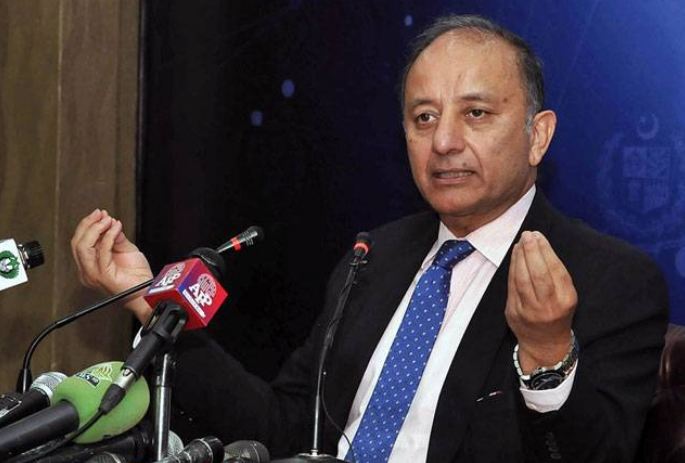ISLAMABAD, Dec 13 (APP/DNA): Federal Minister for Petroleum Musadik Malik informed the National Assembly on Friday that the country currently has a surplus of LNG, and a tender for one additional LNG cargo has been floated to meet the gas requirements for January.
Responding to a calling attention notice regarding curtailing domestic production of gas and yet purchasing LNG at much higher prices, simultaneously domestic industry is being deprived of gas for captive power plants he said, that the government is procuring LNG under term contracts.
The minister explained that the total contained gas demand in the SNGPL system last January was 1,850 mmcfd, while the projected available gas for the coming month is 1,750 mmcfd, even after fully utilizing local gas resources. The anticipated shortfall is planned to be addressed through LNG imports for January, he added.
He said that the government had submitted a plan in October to Qatar for gas supply, requesting one extra LNG cargo for January, a peak consumption month. However, Qatar declined the request. Subsequently, a tender was floated to procure additional cargo to meet domestic demand.
He highlighted that when the original LNG contract was signed, it was assumed that 600 mmcfd of LNG would be utilized for electricity generation.
He also shared that a request has been made to Qatar to transfer five agreed LNG cargoes from this year to the next year. “We will purchase five less cargoes but still have a surplus of LNG,” he added.
He further said that negotiations are ongoing with another company to defer five LNG cargoes to next year.
Addressing the issue of captive power plants, the minister highlighted that only 18 out of 2,500 industrial units in Karachi operate captive power, generating electricity at Rs. 13 per unit. In contrast, other units purchase electricity from K-Electric at Rs. 60 per unit, putting them at a significant competitive disadvantage.
He said that at the time, he advocated for rationalizing captive power, and these rates have now been adjusted. The price of captive power has been increased, creating a level playing field for others.
The minister said that there is no justification for shutting down captive power plants since the rates are now equitable.
He also mentioned that the caretaker government had agreed with the International Monetary Fund (IMF) to close down captive power facilities. However, the current government, in collaboration with the IMF and other multilateral institutions, has argued that shutting down captive power is not in the country’s economic interest. Negotiations on this matter are still ongoing, he added.

















